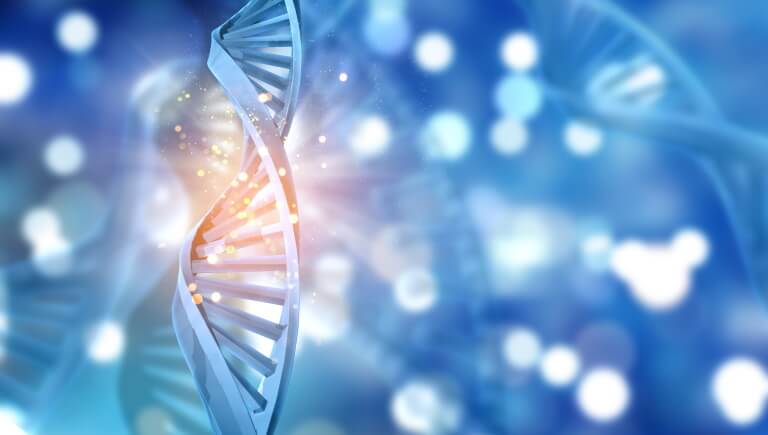Clinical Trials for TP53 Wild Type Tumors: TP53 is dysregulated in a majority of human solid and hematological tumors. TP53 directly or indirectly regulates multiple cellular functions including cell cycle, apoptosis, DNA repair, and cellular senescence. TP53 dysregulation can generally be attributed to two factors:
- Somatic or germline mutations of TP53
- Excessive negative regulation of wild type TP53 by MDM2/MDM4 genes
What is the TP53 Mutation?
Over 50% of tumors have mutations in TP53 which leads to the loss of tumor suppressor function of the protein leaving the cell more vulnerable to physiological stresses leading to tumorigenesis. Several pharmaceutical companies are investigating small molecules that restore the function of TP53 to overcome loss of function mutations; these clinical trials are in early stage and are awaiting convincing clinical results.
What are the Clinical Trials for TP53 Wild Type Tumors?
In tumors where TP53 function is wild type and intact, the primary mechanism of downregulating wild type TP53 is by over expression of its negative regulators MDM2 and MDM4. MDM2-TP3 interaction prevents wild type TP53 from binding to targets that promotes tumor suppression. Additionally, MDM2 and MDM4 work together to tag wild type functional
TP53 for removal from the nucleus of the cell and promote degradation in the proteasome. MDM2 and MDM4 amplification in general is seen in about 2-7% of cancers and are usually mutually exclusive of TP53 mutations. In certain subtypes of sarcoma, the incidence of MDM2 amplification can be over 20%.
Currently multiple compounds inhibiting the interaction between TP53 and MDM2/MDM4 are in clinical evaluation in TP53 wild type tumors. MDM2 inhibitors currently in clinical trials for tumors with wild type TP53 include Idasanutlin, RG7112, AMG232, HDM 201, DS-3032b, CGM 097, ALRN-6924. Reactivation of the TP53 pathway via inhibiting the MDM2/MDM4 axis is particularly compelling for treating hematological malignancies that show low levels of TP53 mutations.
These clinical trials may also benefit from a combinatorial strategy with chemotherapy or immunotherapy. One example of a clinical trial that uses MDM2 inhibitors for TP53 wild tumors is the TAPISTRY trial.







